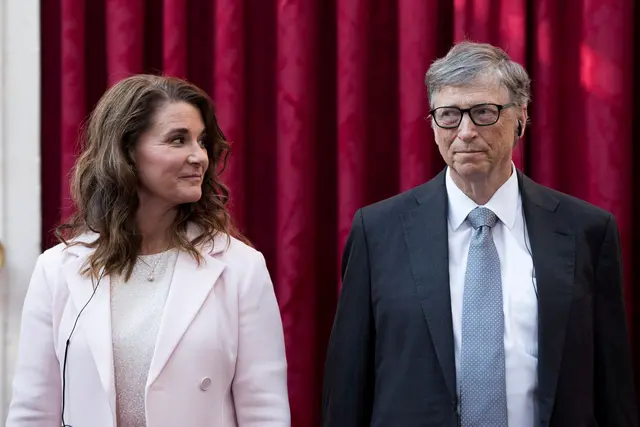UN Secretary-General Ban Ki-moon Monday told reporters that a group of experts had begun an investigation into alleged use of chemical weapons in at least three locations during the Syrian conflict.
Ban said as agreed with the Syrian government the group would conduct its activities in the country for up to 14 days and that could be extended upon mutual consent.
Ban pledged any user of chemical weapons in Syria, if confirmed, "must be held accountable."
"Let me state again clearly that, if confirmed, the use of chemical weapons by any side under any circumstances must be held accountable and would constitute an international crime," he said. "Anyone responsible must be held accountable."
Ban also urged full access for the expert team to the sites where alleged chemical weapon attacks occurred.
"As I have made clearly many times, in order to credibly establish the facts, the Mission must have full access to the sites of the alleged incidents," Ban said, referring to the UN fact-finding group.
"This includes access to the reported sites to undertake the necessary analyses and to collect samples," he said. "It also includes interviews and examination of witnesses, victims, attending medical personnel as well as the conduct of post-mortem examinations."
The mission will establish whether chemical weapons were used, and if so which ones, but will not determine the responsibility for the attack. He said he believed an effective mechanism to investigate allegations of chemical weapons use could help deter their future use.
Ban entrusted Swedish expert Ake Sellstrom, former UN weapons inspector in Iraq, with the task of setting up a fact-finding team in March to investigate the alleged use of chemical weapons in the Syrian conflict, which has lasted for more than two years. The UN decision was made at the request of the Syrian government.
At least 25 people were killed and 130 others wounded on March 19 when armed men fired a rocket believed to be loaded with chemical materials at Khan al-Asal in Aleppo province.
The Syrian government and the opposition have accused each other of using chemical weapons but both have denied it.
The United Nations has said one of the sites is Khan al-Asal, but locations of the two other sites have not been confirmed yet.
"The serious security situation inside the country will undoubtedly affect the Mission's activities in Syria," said Ban, who urged the Syrian government and all other entities within Syria to ensure the safety and security of the UN inspectors on the Mission.
United Nations senior officials told the Security Council in a meeting on Aug. 19 that coincided with World Humanitarian Day that the international community must step up efforts to protect civilians in armed conflict.
Ban reiterated his call at the meeting to the Security Council and Member States to work through the UN General Assembly to recognize and act on this critical issue, as he in particular noted the precarious humanitarian situations in Syria.
UN rights chief Navi Pillay and UN humanitarian chief Valerie Amos also renewed their call for more humanitarian access in Syria.
Amos said the measures she proposed to address the current humanitarian challenges in Syria were ambitious and she hoped the Security Council would take an equally bold approach at implementing some of them as soon as possible.
 简体中文
简体中文

